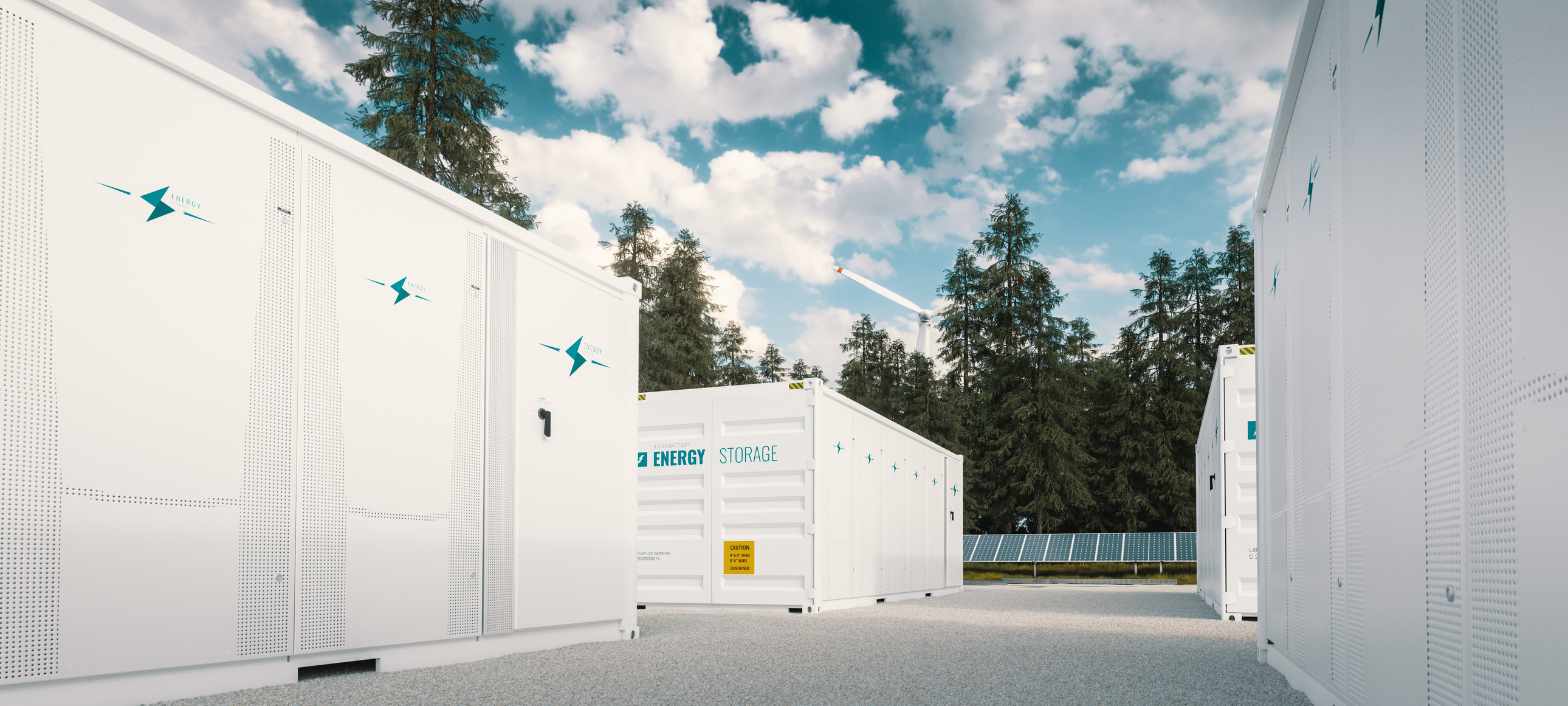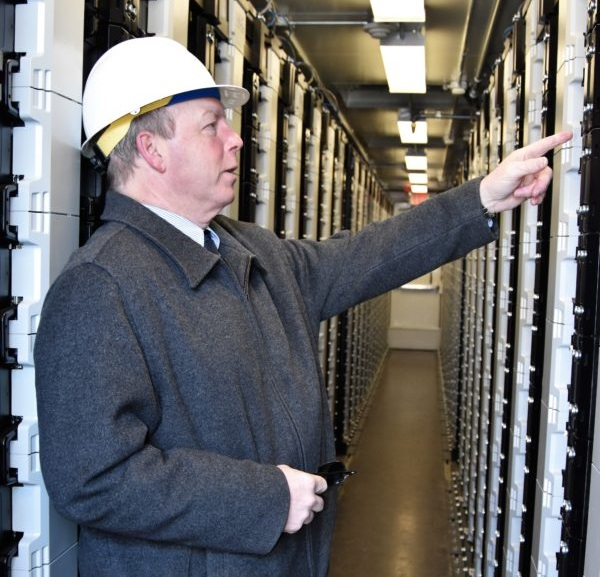
Energy storage can improve the reliability, flexibility, and resiliency of the electric system, making it easier to integrate clean energy sources while delivering savings to ratepayers.
MassCEC / Net Zero Grid / Energy Storage
Energy Storage Studies
In 2023, DOER, in consultation with MassCEC, conducted a study on the existing energy storage market in the Commonwealth and the potential role of mid- and long-duration energy storage technologies. The study, Charging Forward: Energy Storage in a Net Zero Commonwealth, fulfilled a requirement of Section 80 of Chapter 179 of the Acts of 2022 (“An Act Driving Clean Energy and Offshore Wind”).
As part of the Massachusetts Department of Energy Resources’ Energy Storage Initiative, MassCEC and DOER in 2016 published State of Charge, a report examining the potential benefits of incorporating energy storage technologies into Massachusetts’ energy portfolio. State of Charge provided a roadmap to the Commonwealth’s subsequent initiatives relating to energy storage, including Advancing Clean Energy Storage (ACES).
Advancing Clean Energy Storage (ACES)

Building upon the insights of State of Charge, MassCEC launched the Advancing Commonwealth Energy Storage (ACES) program in 2017, originally funding 26 projects across the state, representing approximately 32 MW/83 MWh of proposed energy storage and approximately $31 million of applicant cost share. The projects were selected to pilot innovative, broadly replicable energy storage use cases and business models with multiple value streams, with the goal of priming Massachusetts for increased commercialization and deployment of storage technologies.
Energy Storage Safety

MassCEC helped to coordinate the Batteries 101 four-part, Massachusetts-focused webinar series hosted by the Clean Energy States Alliance throughout 2024. Panels of experts answered questions about energy storage, ranging from safety to its role in decarbonization plans. The four webinar topics were:
- Introduction to energy storage and MA programs and policies
- Benefits and applications of energy storage in MA
- Safety and environmental considerations for energy storage in MA
- Municipal considerations for energy storage in MA
In collaboration with the National Fire Protection Association (NFPA), MassCEC developed a free, self-paced online training course for fire safety professionals covering
- energy storage system applications, types, and terminology
- basic electrical theory
- introduction to battery energy storage systems
- failure modes and hazards
- EMS procedures
As of October 2022, over 500 Massachusetts fire professionals took the course, which is still open for enrollment.
This course built upon several sold-out energy storage fire safety trainings that NFPA previously facilitated and MassCEC sponsored in 2019.
MassCEC / Net Zero Grid / Energy Storage